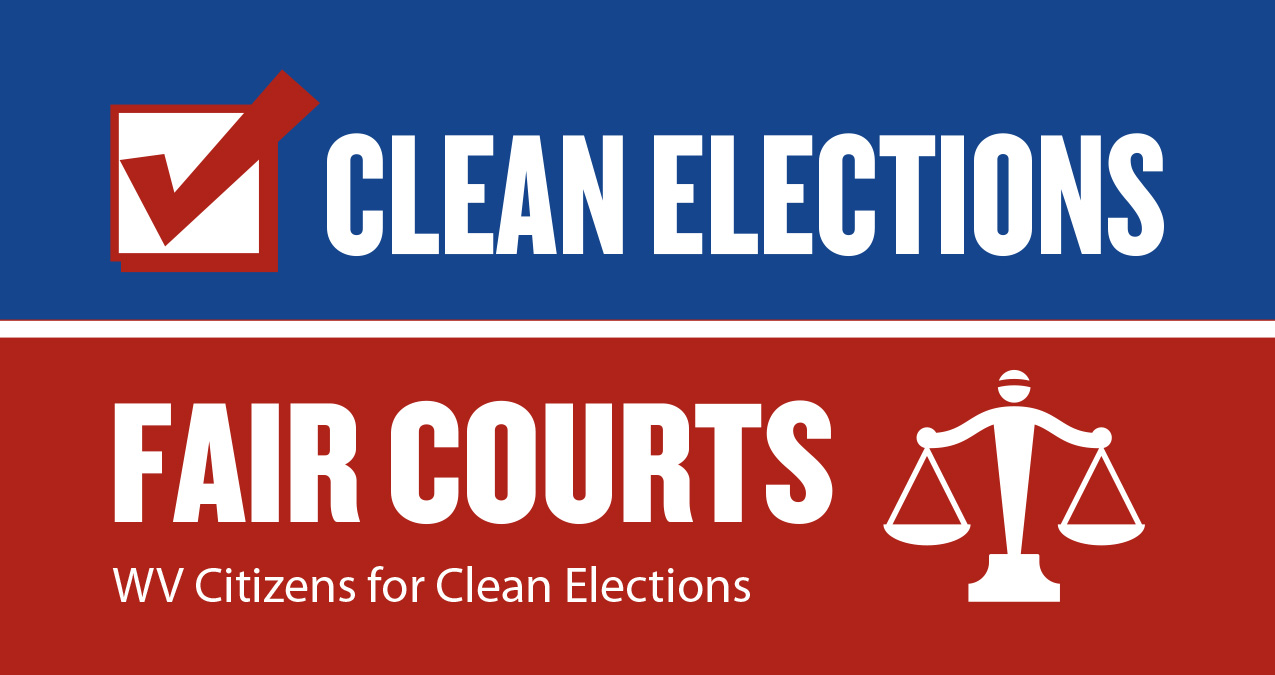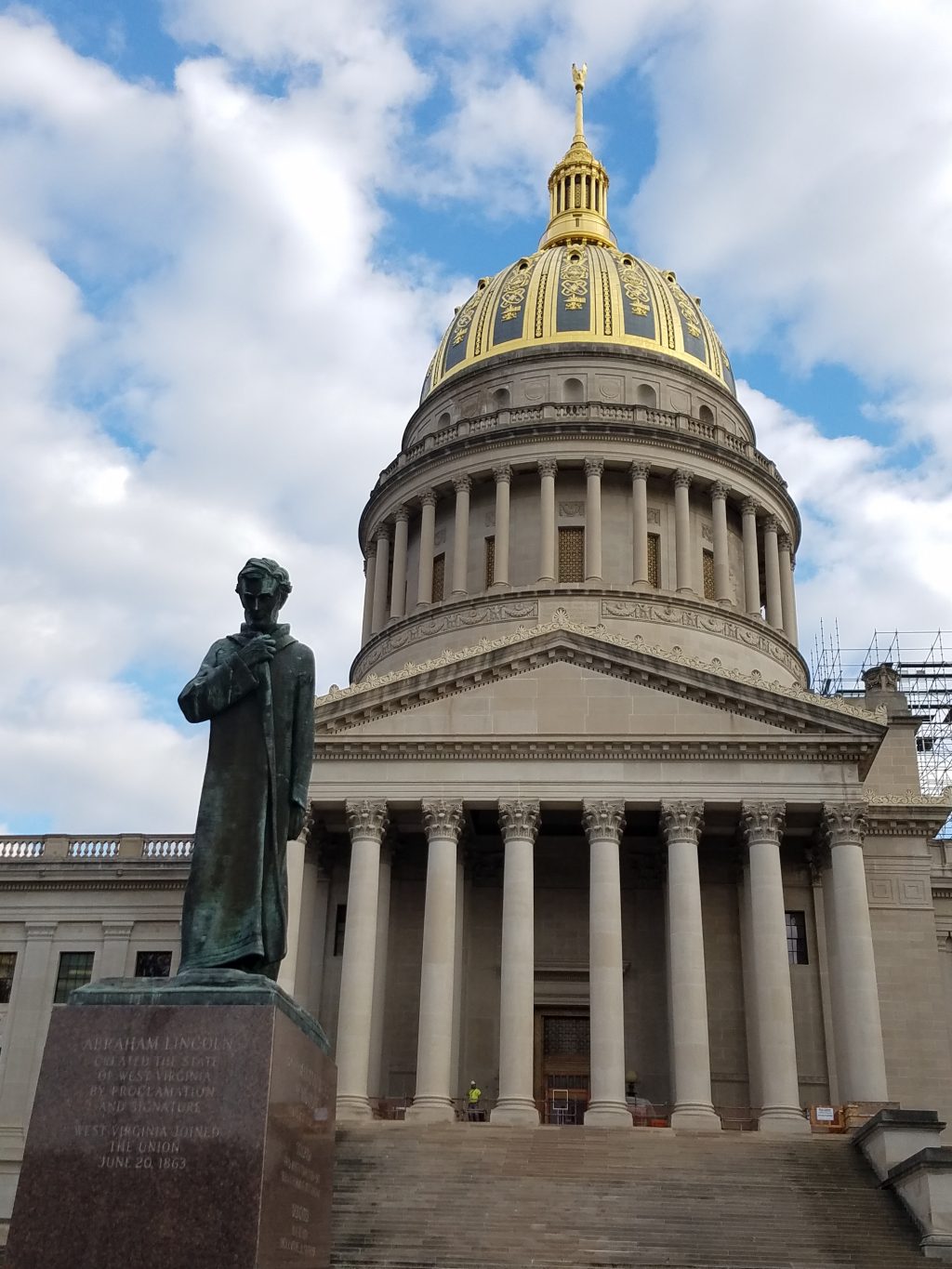- Like
- Digg
- Del
- Tumblr
- VKontakte
- Buffer
- Love This
- Odnoklassniki
- Meneame
- Blogger
- Amazon
- Yahoo Mail
- Gmail
- AOL
- Newsvine
- HackerNews
- Evernote
- MySpace
- Mail.ru
- Viadeo
- Line
- Comments
- Yummly
- SMS
- Viber
- Telegram
- Subscribe
- Skype
- Facebook Messenger
- Kakao
- LiveJournal
- Yammer
- Edgar
- Fintel
- Mix
- Instapaper
- Copy Link
In our action alerts for Week 2, we told you about a proposed constitutional amendment put forth by the House of Delegates (HJR 2) that would cut loose future impeachment proceedings of the WV Legislature from all constitutional restraint. The amendment would make it so that no court in the state could intervene to protect the right to a fair hearing of a public official facing impeachment, no matter how frivolous the charge or constitutionally flawed the process. In the hands of a partisan majority, this new power could be abused to oust political opponents without cause, thereby eroding existing checks and balances between the three branches of government and undercutting public trust in the political process. The House Judiciary Committee recommended the resolution be adopted and sent it to the full House for a vote, although as of this writing it remains parked on the House’s inactive calendar pending action by the House Rules Committee.
Not to be outdone, the Republican leadership in the Senate has reintroduced the proposed “Protecting the Separation of Powers Amendment” (SJR 8), which would strip state courts of their ability to interfere in any proceedings of the Legislature (not just impeachments), even if those proceedings aren’t constitutional, opening the door to blatant abuses of power by the legislative branch. During the 2020 legislative session, the Senate Judiciary Committee approved a version of the resolution, sending it to the full Senate for a vote. We helped convince Democratic senators to hold the line, which kept the measure from getting the two-thirds vote needed for passage. However, the new Republicans have supermajorities in both the House and the Senate making it more challenging to stop these power grabs. That’s why it’s more important than ever that we fight them.
Tell your legislators to reject these dangerous and unnecessary amendments to our constitution.
Both amendments are being proposed under the guise that an acting Supreme Court of Appeals overstepped its authority when it intervened to halt the impeachment of former justice Margaret Workman, and without regard for the facts in the case. The acting court only got involved because the House of Delegates failed to follow its own impeachment rules, making clear that its decision was “not about whether or not a Justice of the Supreme Court of Appeals of West Virginia can or should be impeached,” but rather about the fact that such proceedings “must be done correctly and constitutionally with due process.” The acting court’s decision also recognized that the state constitution “does not provide this Court with jurisdiction over an appeal of a final decision by the Court of Impeachment.”
For the fourth consecutive year, the Senate is also moving quickly, to advance its proposal to create an unnecessary intermediate court of appeals (Senate Bill 275), which would waste millions of dollars, provide further opportunities to pack the courts with partisan allies and drag out appeals to the advantage of parties with greater financial resources. Initially proponents wanted this to be the first court of unelected judges in the history of West Virginia, but agreed to amend the proposal last year so that the judges on the intermediate court would stand for election. However, the elections occur after initial two year appointments, giving the governor’s appointees an advantage and, because of the impact of big money has had on judicial elections, this merely amounts to a court packing scheme of a different sort.
This gift to special interests that want to deny everyday West Virginians their day in court has already cleared both the Senate Judiciary and Finance Committees and will be up for a vote by the full Senate on Wednesday.




